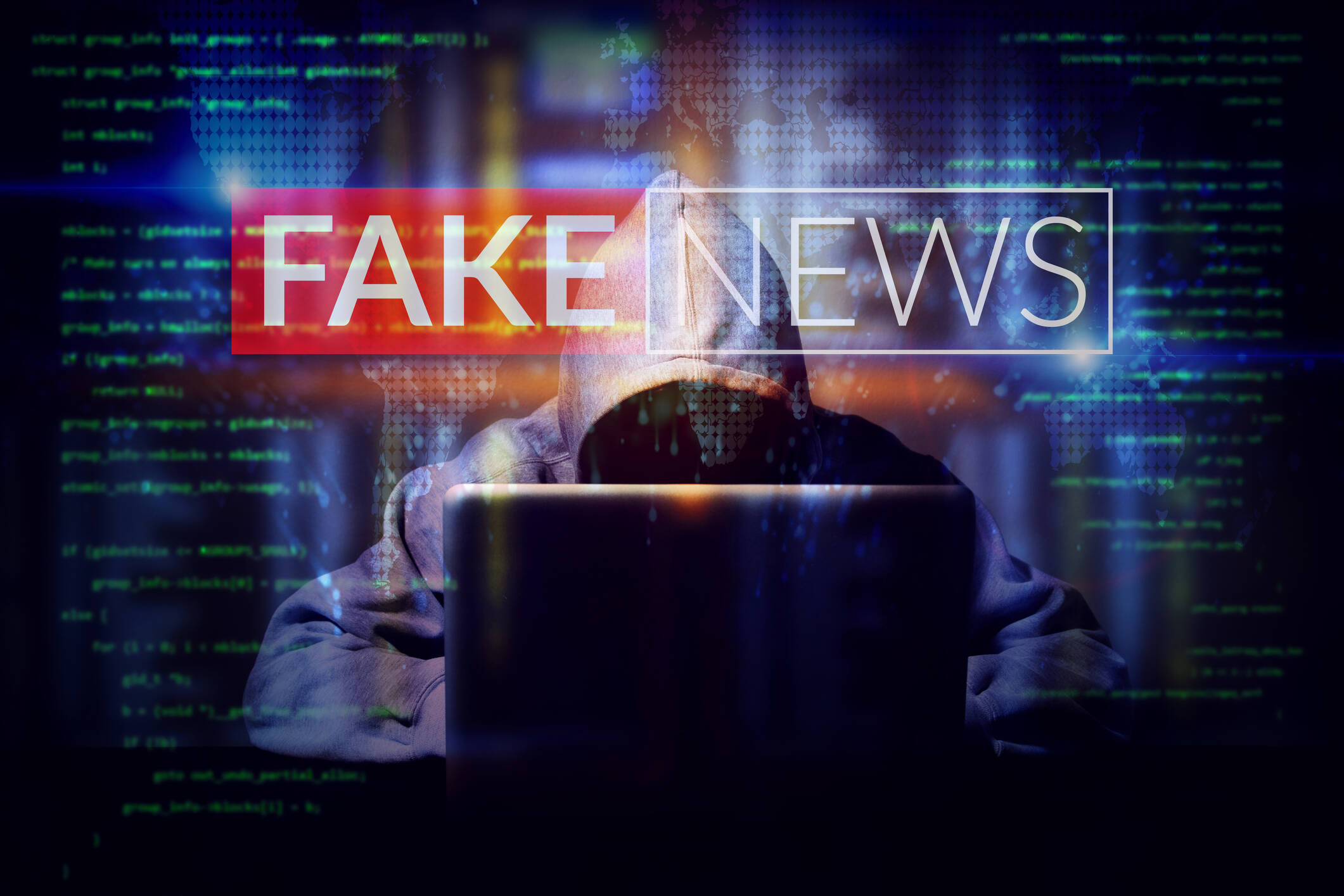Elections and Social Media: Second Alert / Multimedia Editor's Analysis

At the Andi Business Congress, the national registrar, Hernán Penagos, issued a new warning: beware of the impact of social media and misinformation on the upcoming elections.
This isn't the first time the Registrar has warned about the dangers of these "powerful weapons" in the electoral context. For Penagos, it's not the security situation in the regions or the logistical difficulties that concern him. For him, disinformation and fake news are the main threat to next year's elections.
Social media, which is Colombia's primary source of information, will be used as the worst weapon for manipulating opinions and spreading fake news, and no one seems to care anymore. While the CNE, the CRC, and the SIC will have their eyes on the same old ones: radio, the press, TV, billboards, and events, overly regulated by old rules, on Facebook, Instagram, TikTok, WhatsApp, etc., oceans of money will flow for manipulation, deception, fake news, and smear campaigns highlighting "activism," "content creators," and "freedom of expression," which, as the Registrar said, could end in tragedies and serious attacks on democracy and the electoral system.

Photo: iStock
Penagos recalled at the Andi the Gamarra case in 2023, where, due to false news on social media and WhatsApp, an angry group set fire to the municipal registry office, killing an official and leaving six people with serious injuries for life.
According to the Registrar at the business event, 60% of the news circulating on social media contains false information. Who does anything about it? Who regulates, investigates, and sanctions them, as they do with the media?
The disparity of this situation is evident. While the vigilant authorities work with old rules, experts in causing harm and political manipulation know perfectly well how to use and leverage Facebook, X, Instagram, etc., to attack the Registry and its platforms, to create an alleged fraud with misleading data. The risk is real: they can squander and destroy Colombia's democratic institutions, and no one seems to understand the gravity of this.
This issue is extremely urgent: the Communications Regulation Commission, the Electoral Observation Mission, and the Registry itself have sought avenues and spaces for discussion. But it is not enough. As long as the tools and public policies that contain sanctions, restrictions, and responsibilities for political parties and digital giants are not enabled, we will continue to face this latent threat. They are going to destroy our democracy. Second alert.
eltiempo





